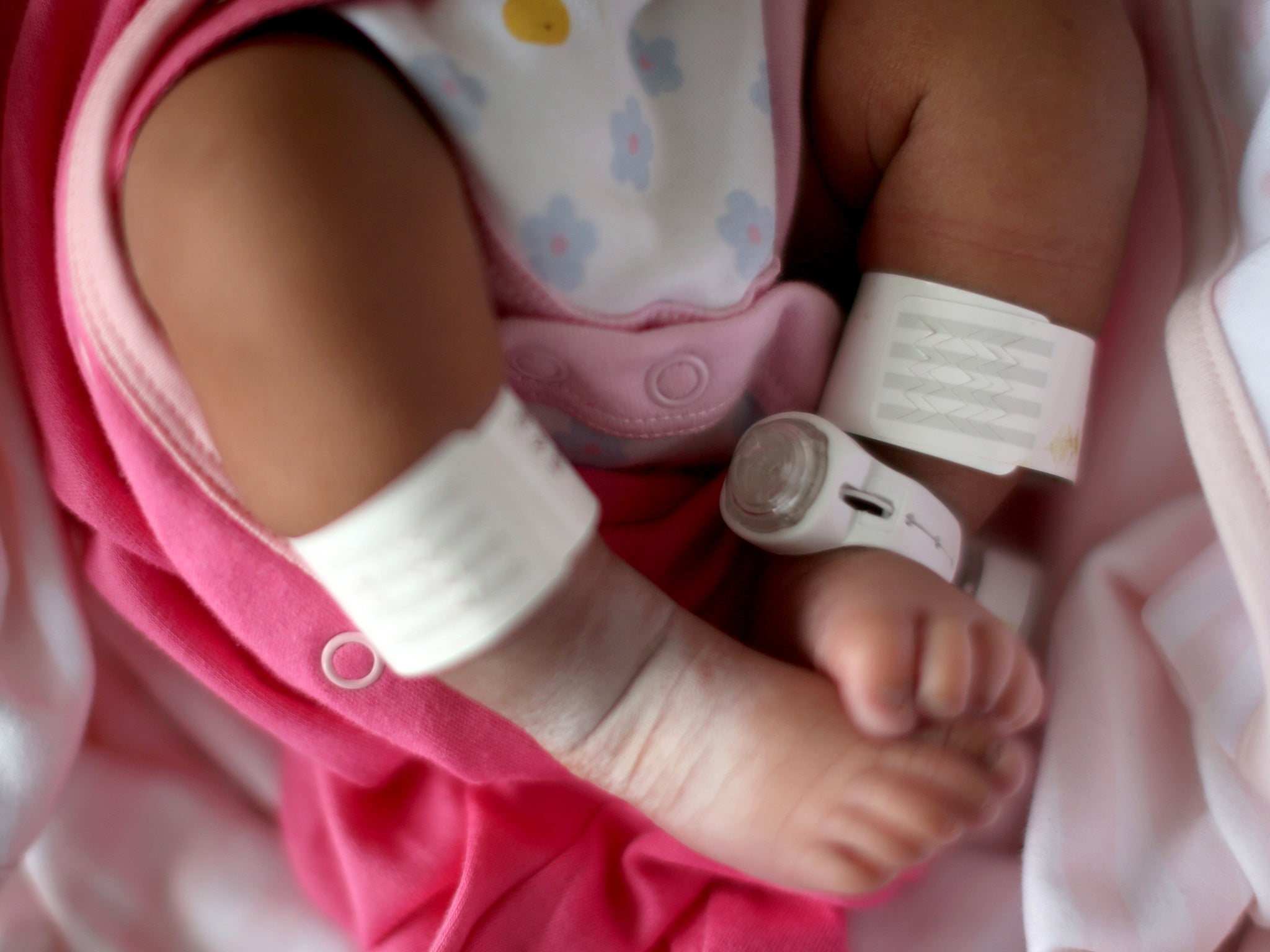Babies are born with a grasp of physics, researchers claim
Researchers have discovered that infants less than a year old become more interested in objects that do seemingly impossible things

Your support helps us to tell the story
From reproductive rights to climate change to Big Tech, The Independent is on the ground when the story is developing. Whether it's investigating the financials of Elon Musk's pro-Trump PAC or producing our latest documentary, 'The A Word', which shines a light on the American women fighting for reproductive rights, we know how important it is to parse out the facts from the messaging.
At such a critical moment in US history, we need reporters on the ground. Your donation allows us to keep sending journalists to speak to both sides of the story.
The Independent is trusted by Americans across the entire political spectrum. And unlike many other quality news outlets, we choose not to lock Americans out of our reporting and analysis with paywalls. We believe quality journalism should be available to everyone, paid for by those who can afford it.
Your support makes all the difference.Babies have an innate understanding of the way the world works and will pay more attention to objects if they appear to defy the basic laws of physics, a pioneering study has found.
Researchers have discovered that infants less than a year old become more interested in objects that do seemingly impossible things, like pass through a solid wall or become suspended in mid-air with no visible means of support.
The findings support the contention that humans are born with some kind of core knowledge about how things should work which acts as a template on which babies begin to learn about the world around them, the scientists said.
“Our research suggests that infants use what they already know about the world to form predictions. When these predictions are shown to be wrong, infants use this as a special opportunity for learning,” said Lisa Feigenson, a psychologist at Johns Hopkins University in Baltimore.
“When babies are surprised, they learn much better, as though they are taking the occasion to try to figure something out about their world,” said Professor Feigenson.
The results shed fresh light on the old argument about whether nature – what you are born with – is more or less important than nurture – what you learn in life. The scientists said the findings suggest that nature and nurture are not alternatives to one another, but interact closely.
The study looked at the way 11-month-old babies responded to seeing a ball apparently rolling through a solid wall. In another experiment, a toy car could be seen rolling off a ledge into mid-air without falling.
On both occasions, the gaze of the babies became significantly longer compared to parallel tests where the ball and toy car did what the babies expected and were stopped by the wall or fell to the floor respectively.

The study also found that when surprised in this way, the babies were more likely to become interested in the objects. They would bang the ball for instance against a surface as if to test its solidity, while they would drop the car to see if it fell to the floor.
The observations support the idea that when babies are surprised by something that goes against their core knowledge, they used it as a chance to learn more about the world, Professor Feigenson said.
“Core knowledge gives learners predictions about the world and an impetus to match observations with those predictions,” she said.
Although the research involved 11-month-old babies, the scientists believe that the same findings would hold for even younger infants who have not yet had the chance to learn about solid walls or the effect of gravity on a toy car, the scientists said.
“So the reason that we picked 11-month-old infants is because we needed babies who are old enough to have fine motor skills to be able to handle these objects in particular ways,” said Aimee Stahl a PhD student at Johns Hopkins and the co-author of the study published in the journal Science.
Because babies this young have not yet learnt to speak, the scientists measured their reactions to various situations, such as how long they gazed at the ball that appeared to pass through a solid wall, which is a recognised measure of a baby’s interest in something.
“The infant’s behaviours are not merely reflexive responses to the novelty of surprising outcomes, but instead reflect deeper attempts to learn about aspects of the world that failed to accord with expectations,” Ms Stahl said.
“Our results highlight how nature and nurture profitably interact with one another – how infants’ existing knowledge combines harmoniously with new experiences,” she said.
Join our commenting forum
Join thought-provoking conversations, follow other Independent readers and see their replies
Comments